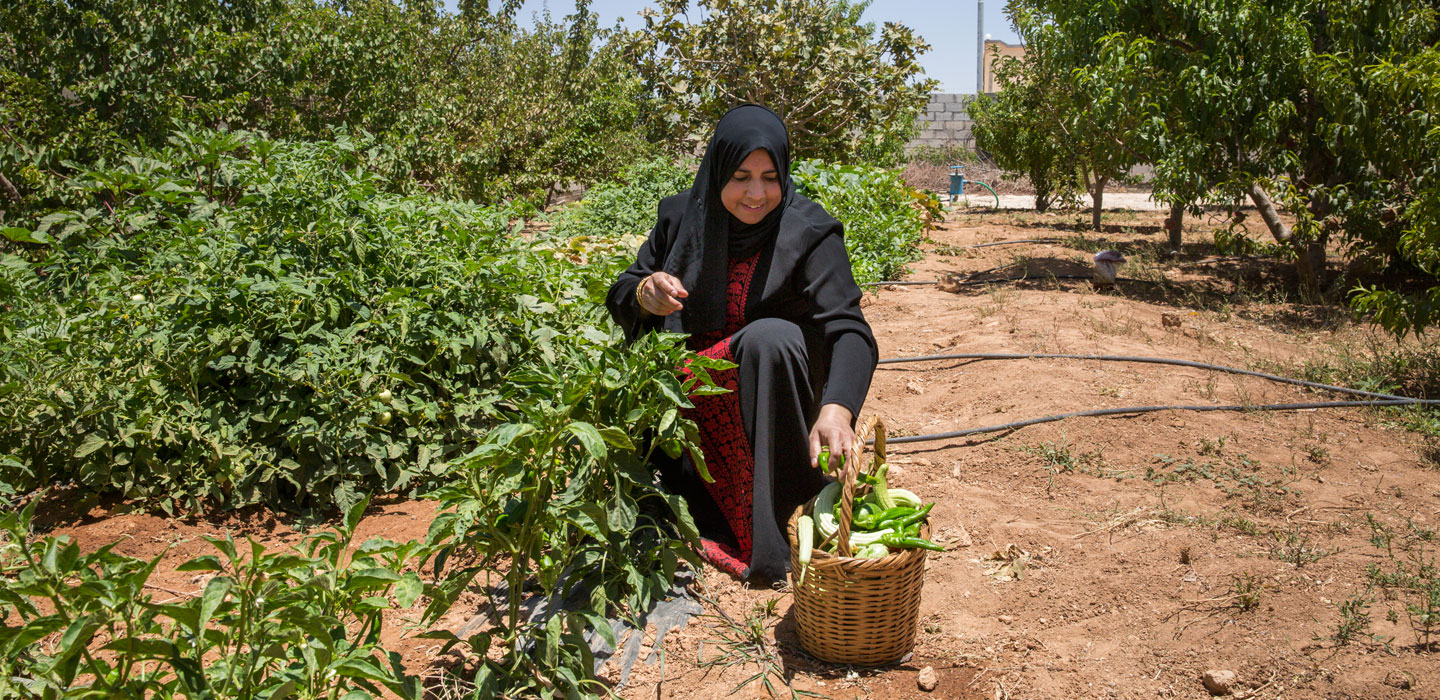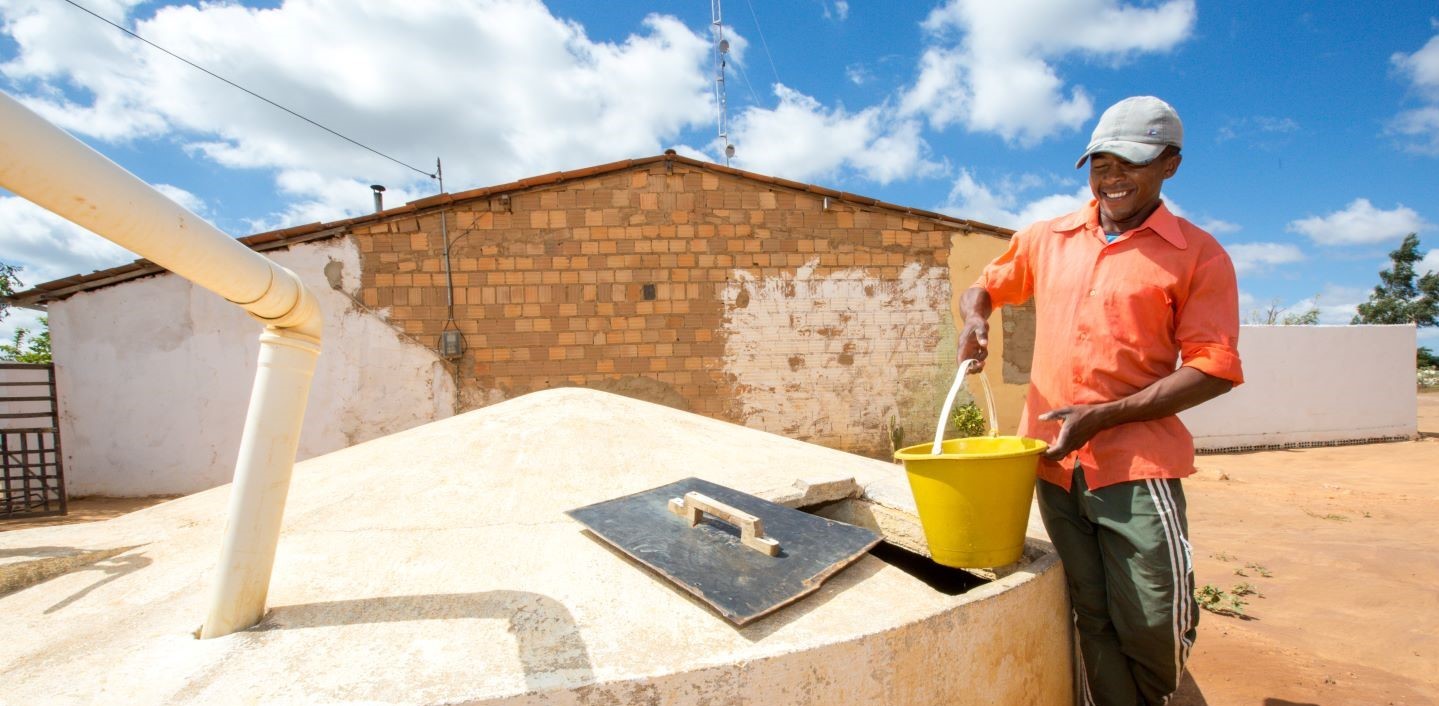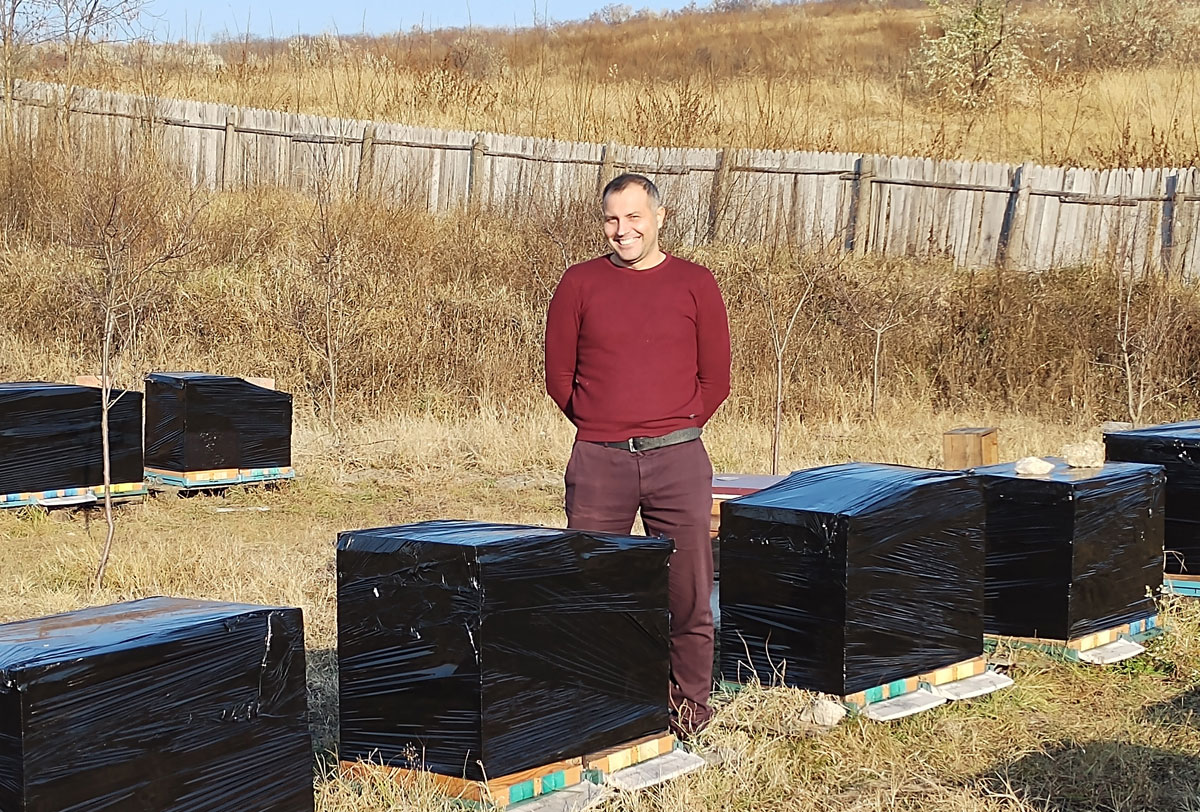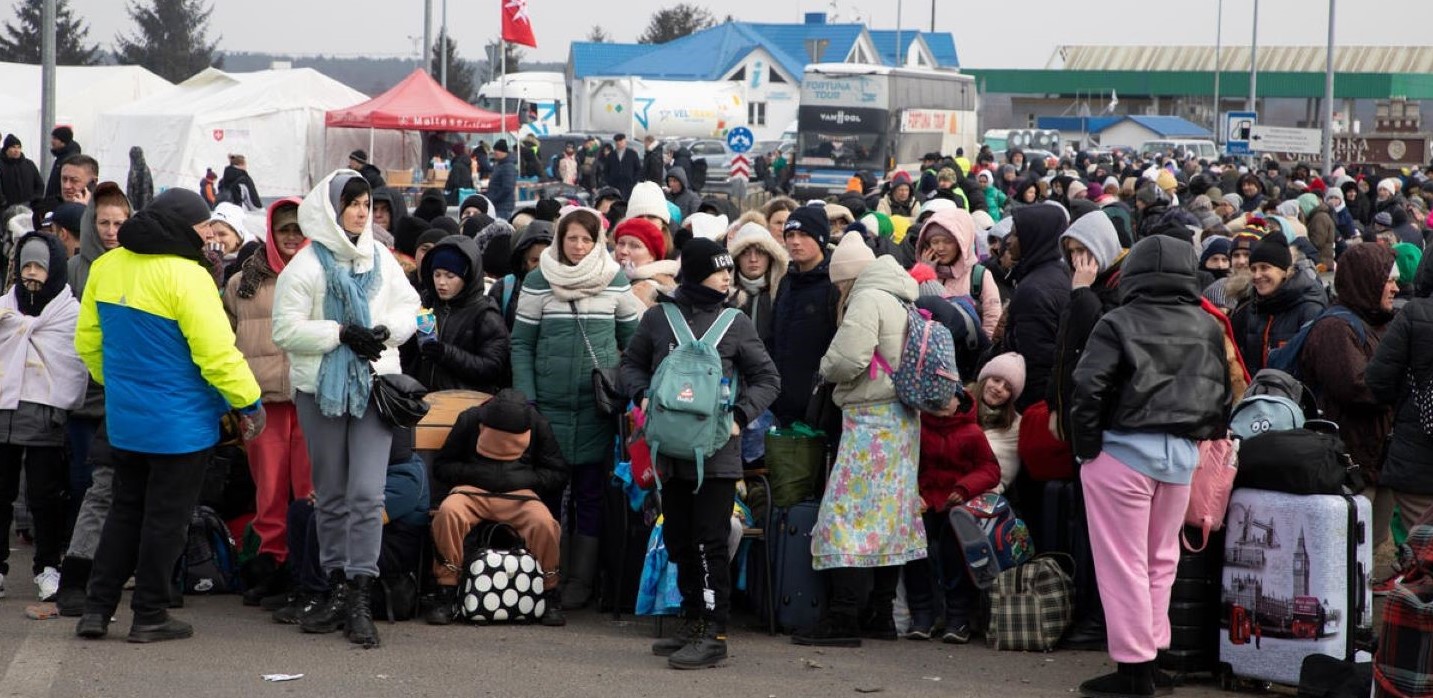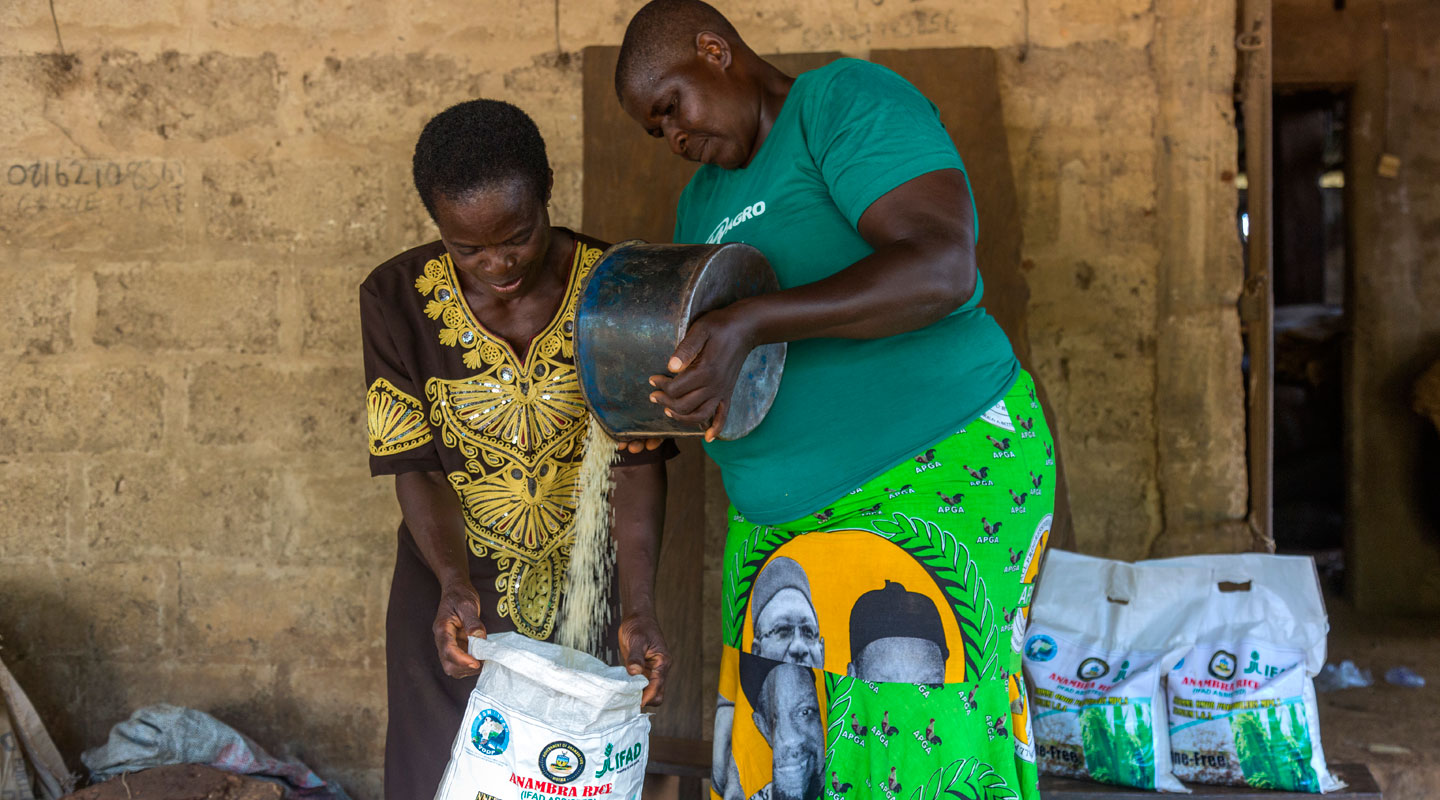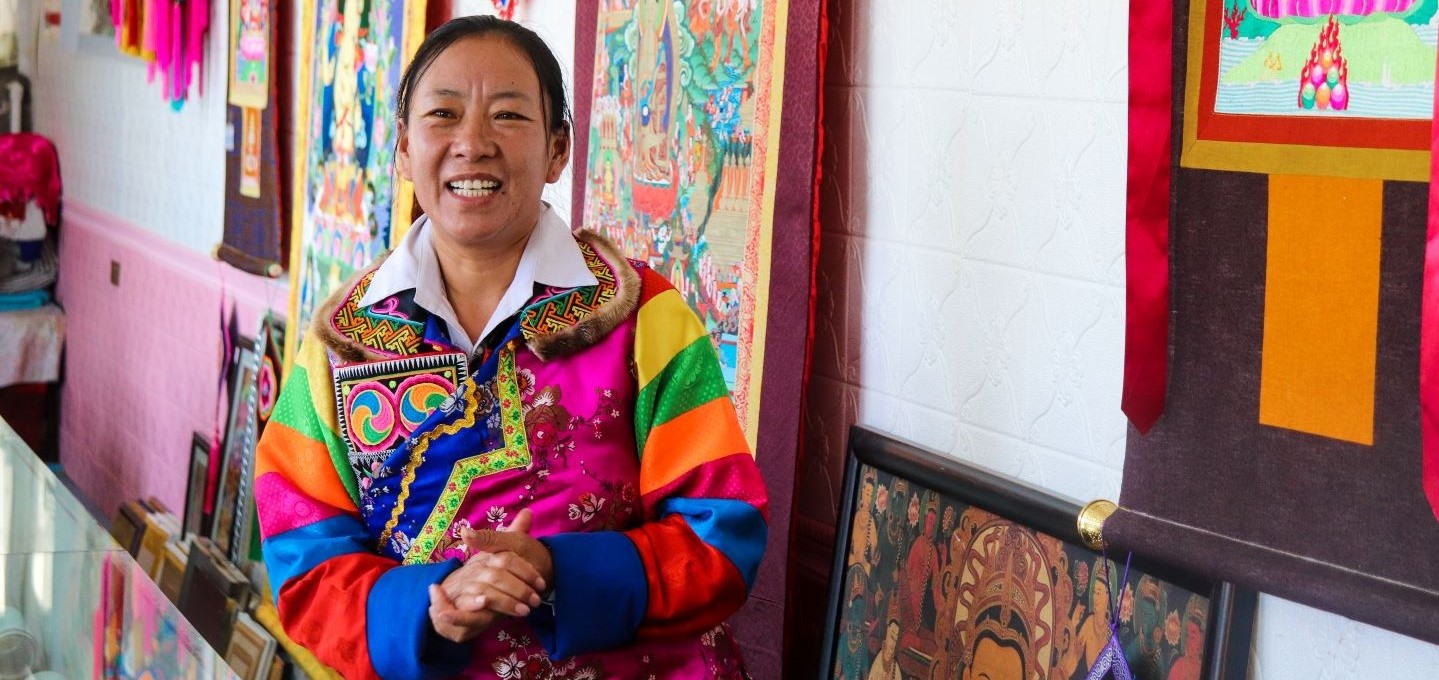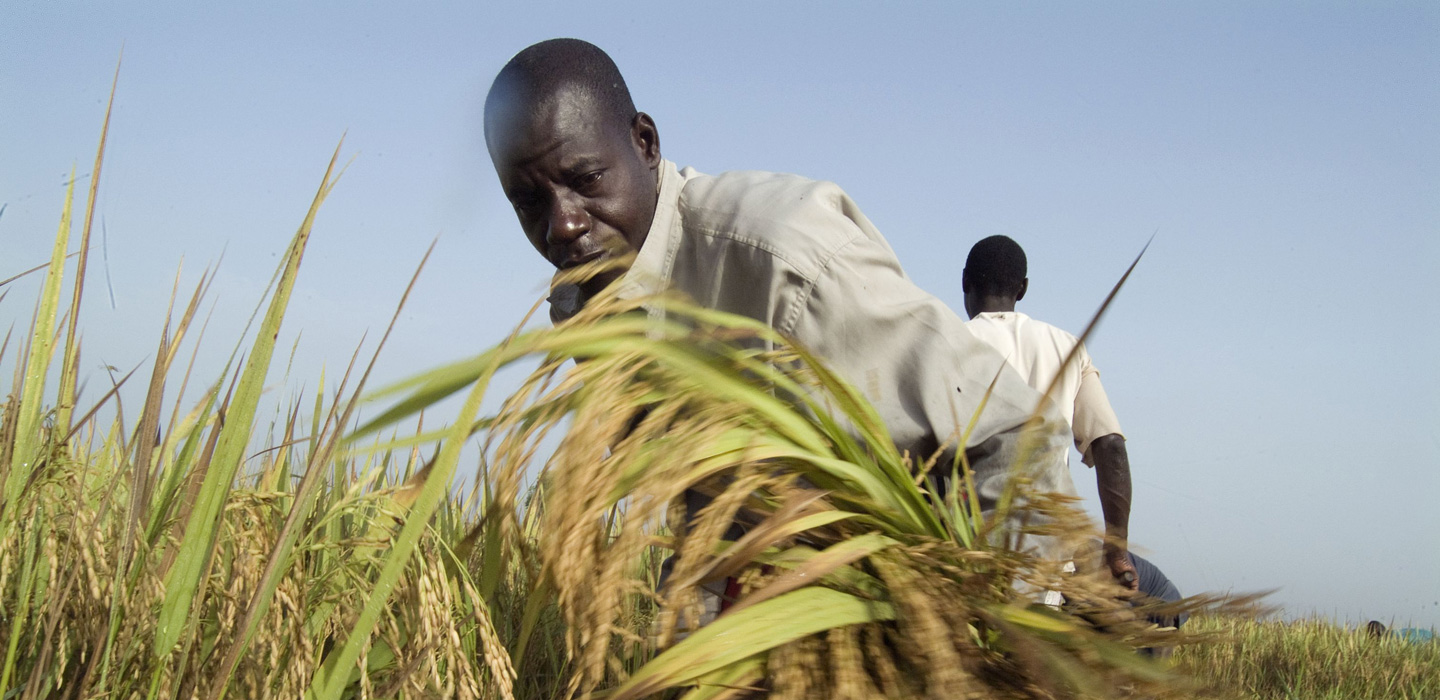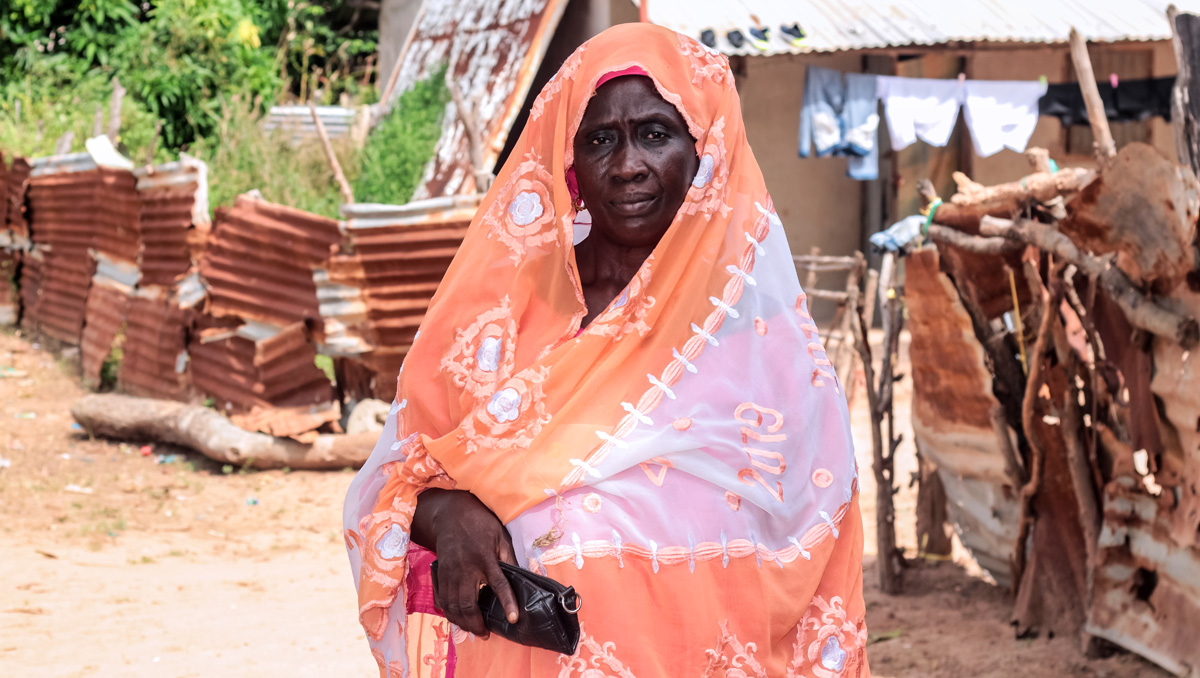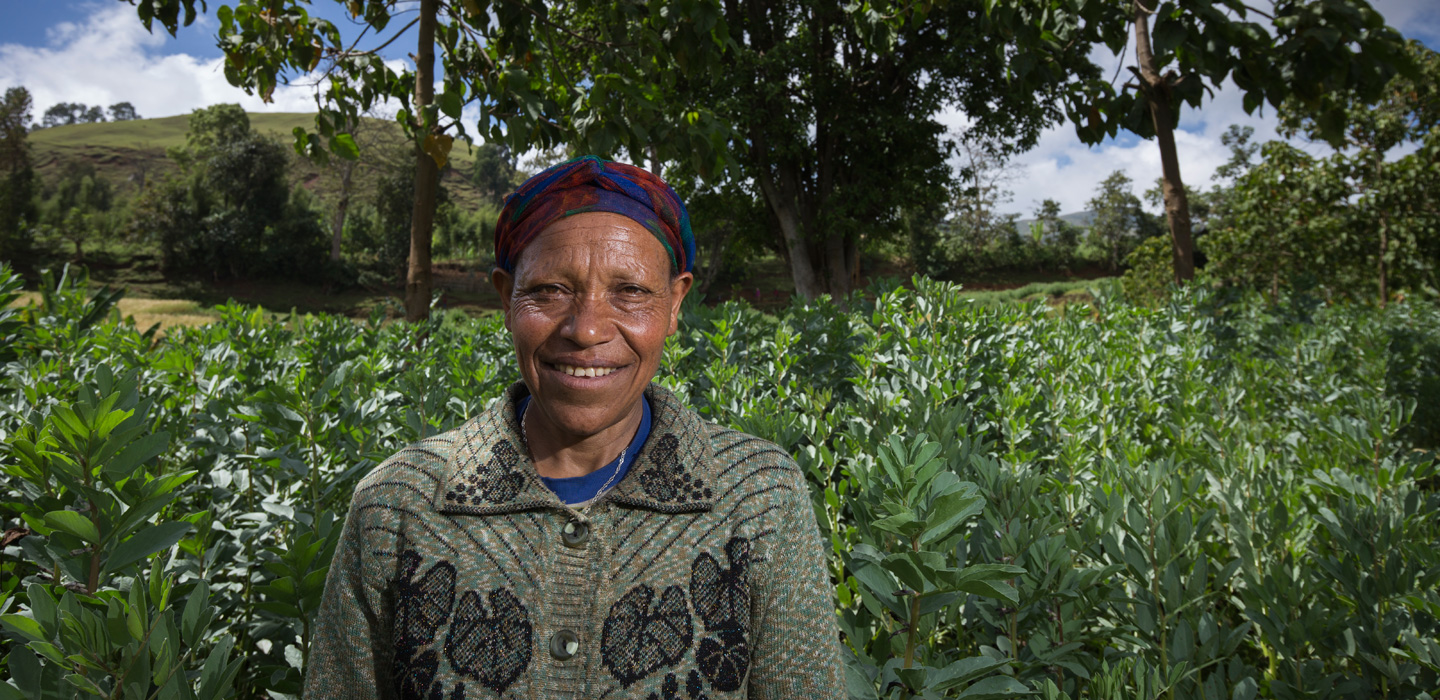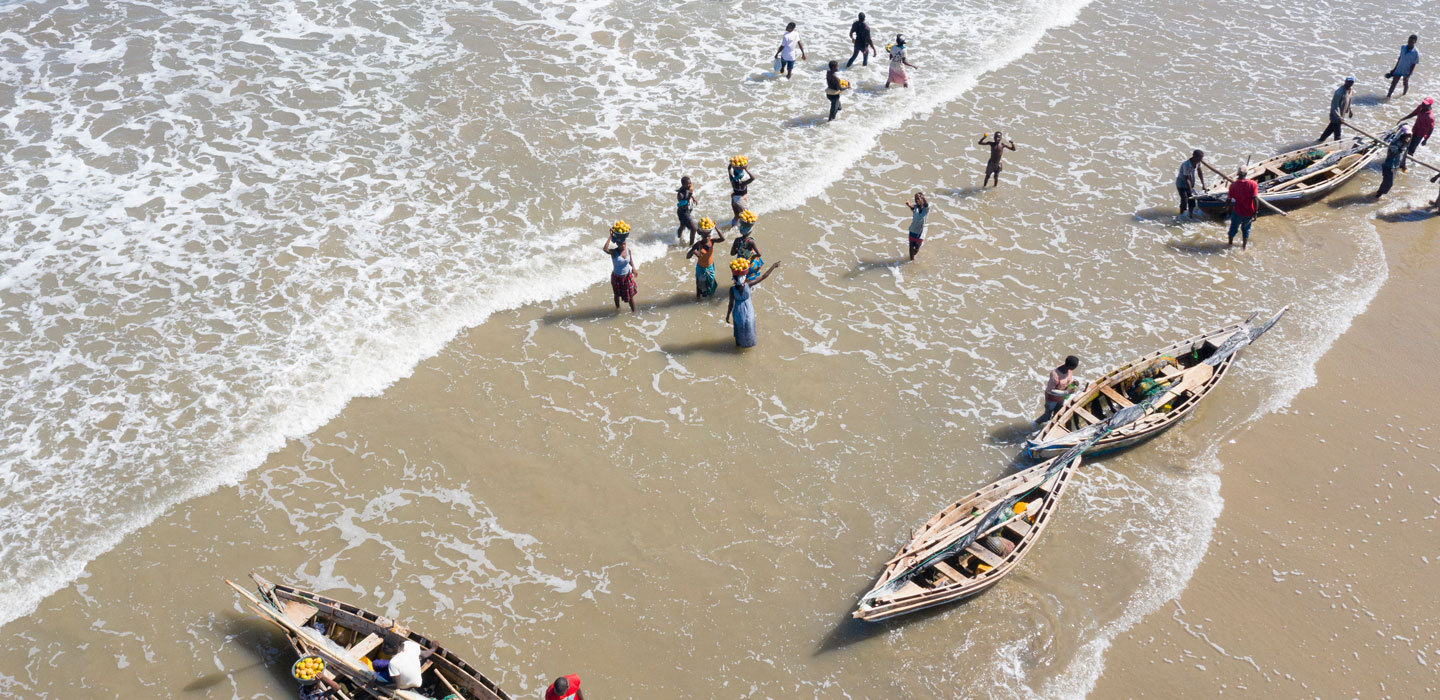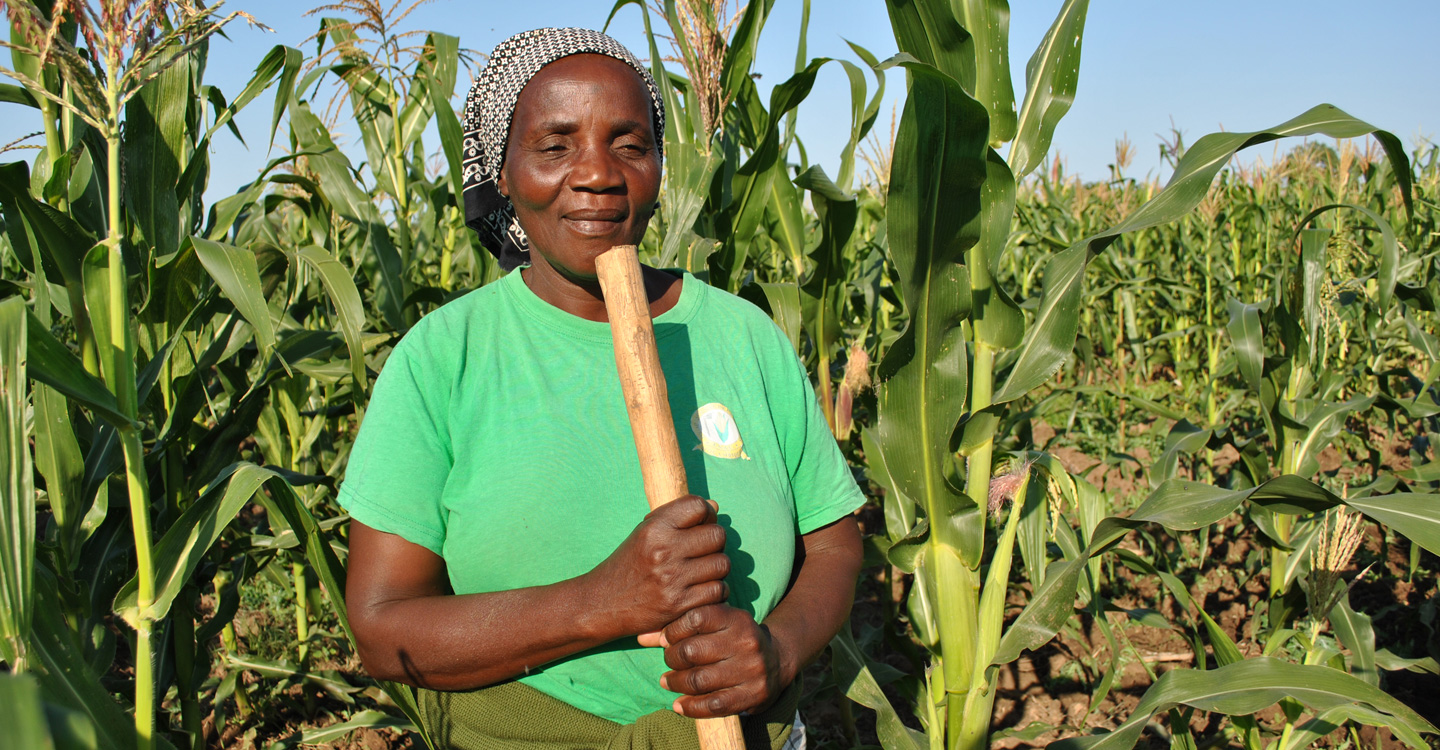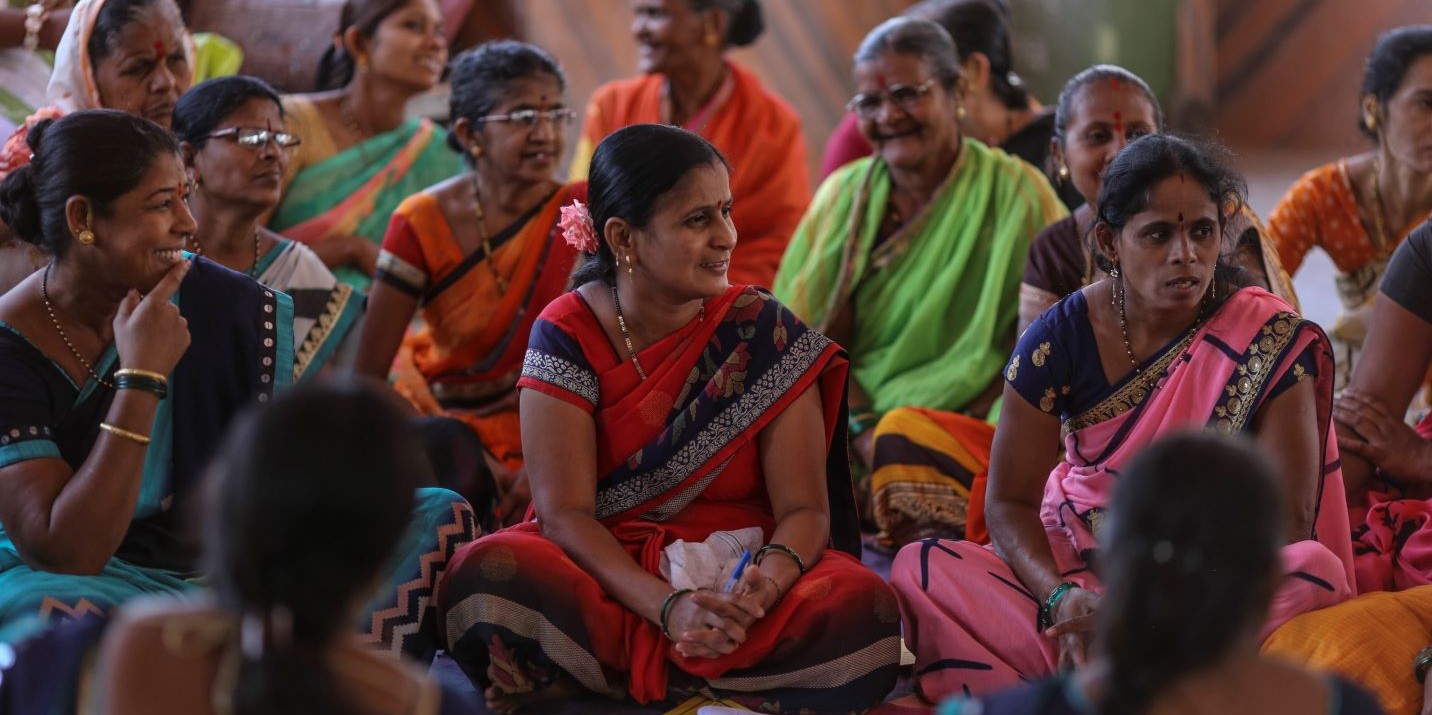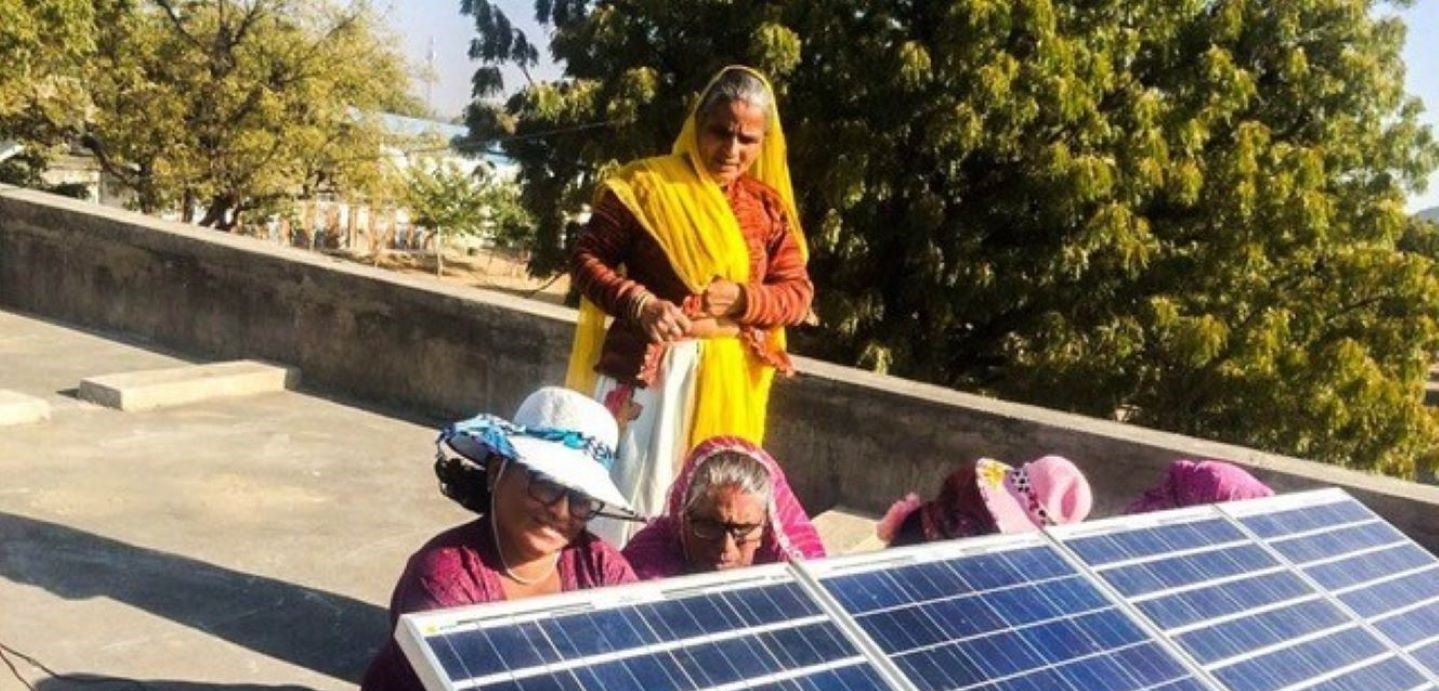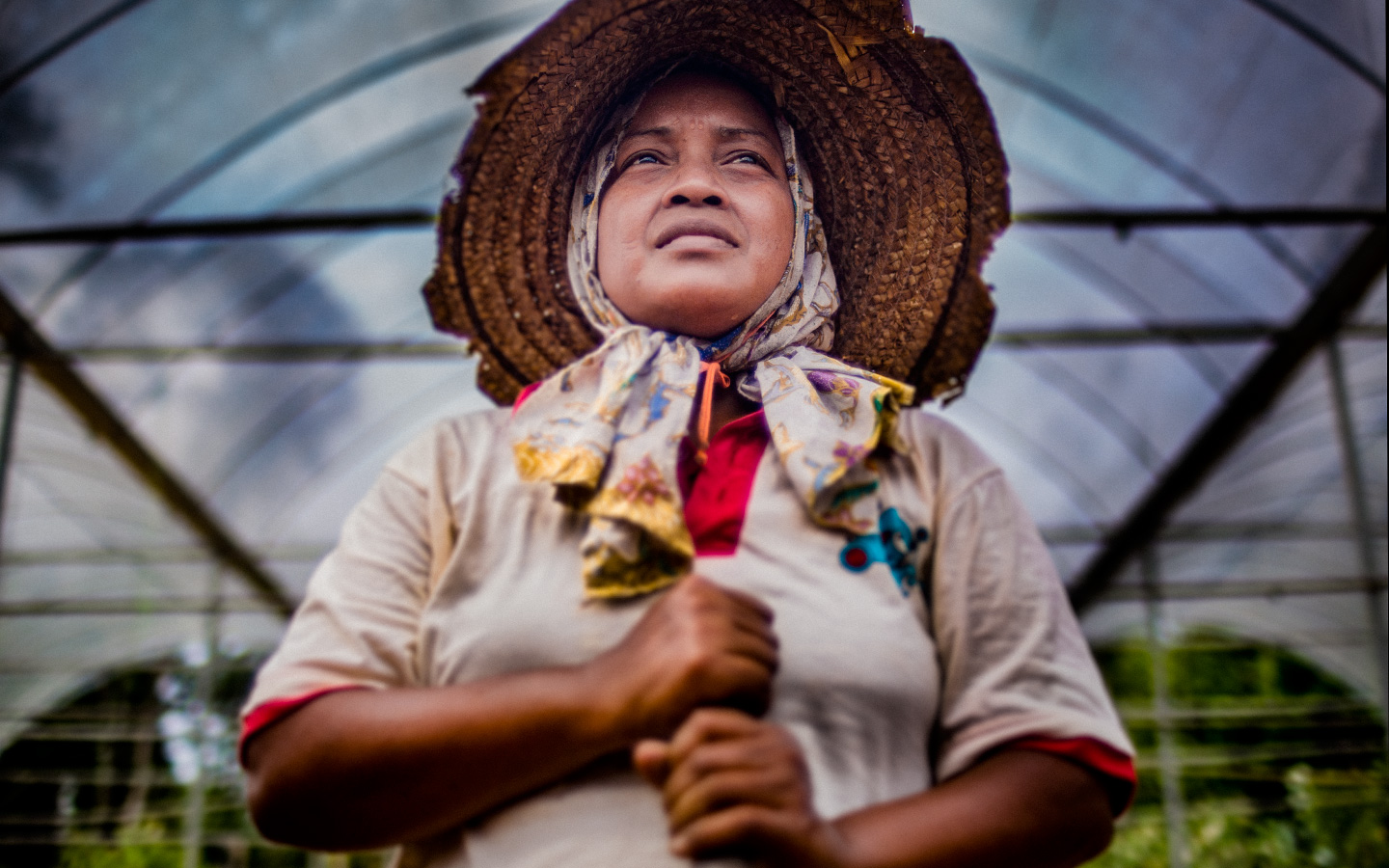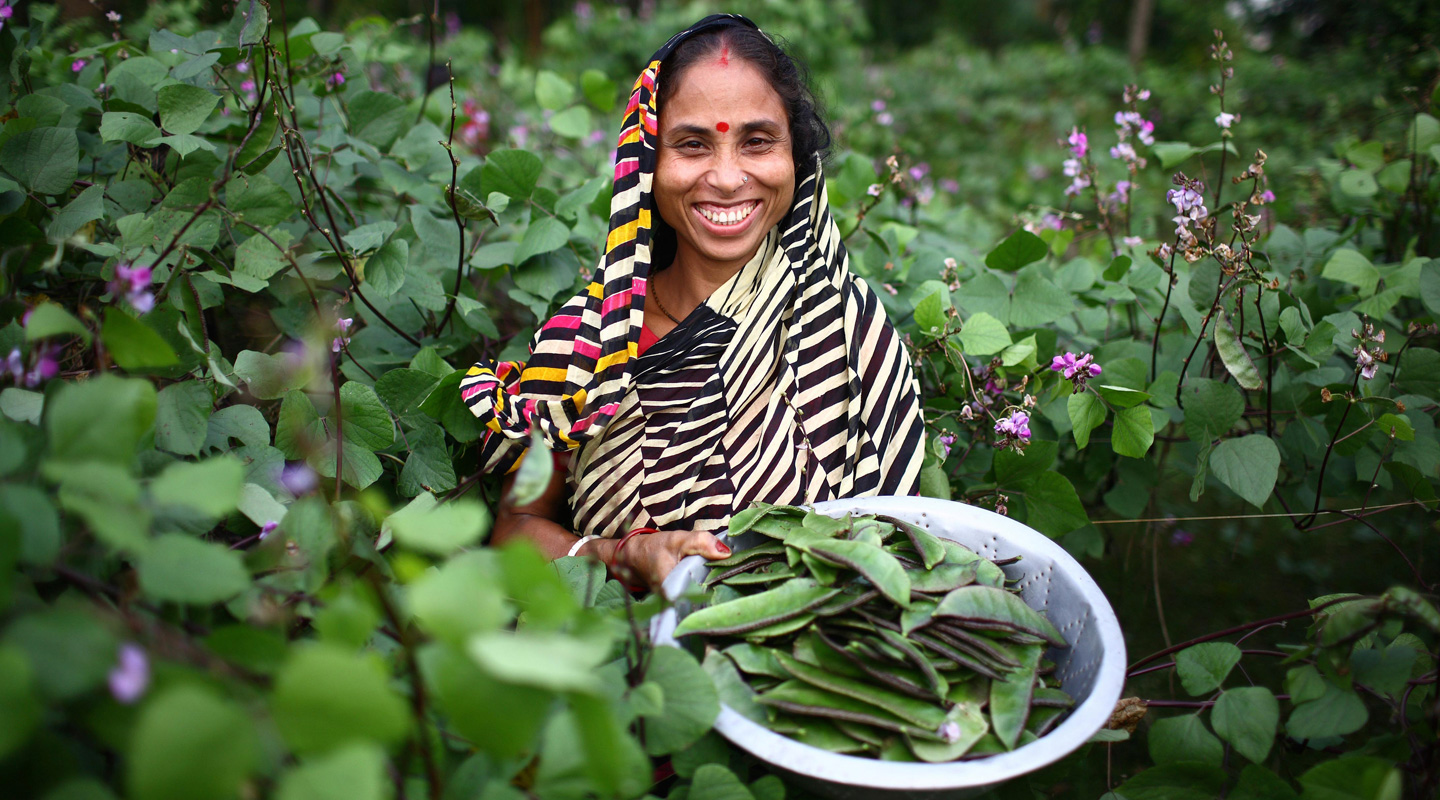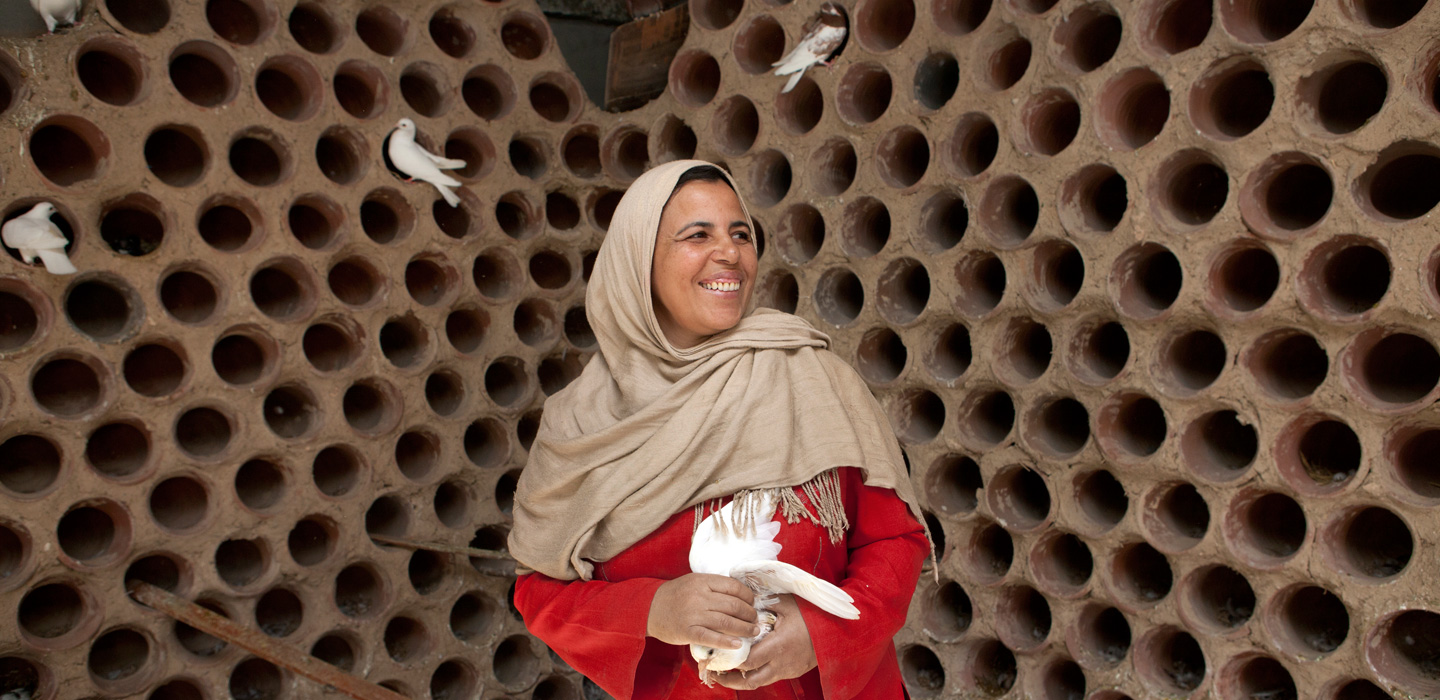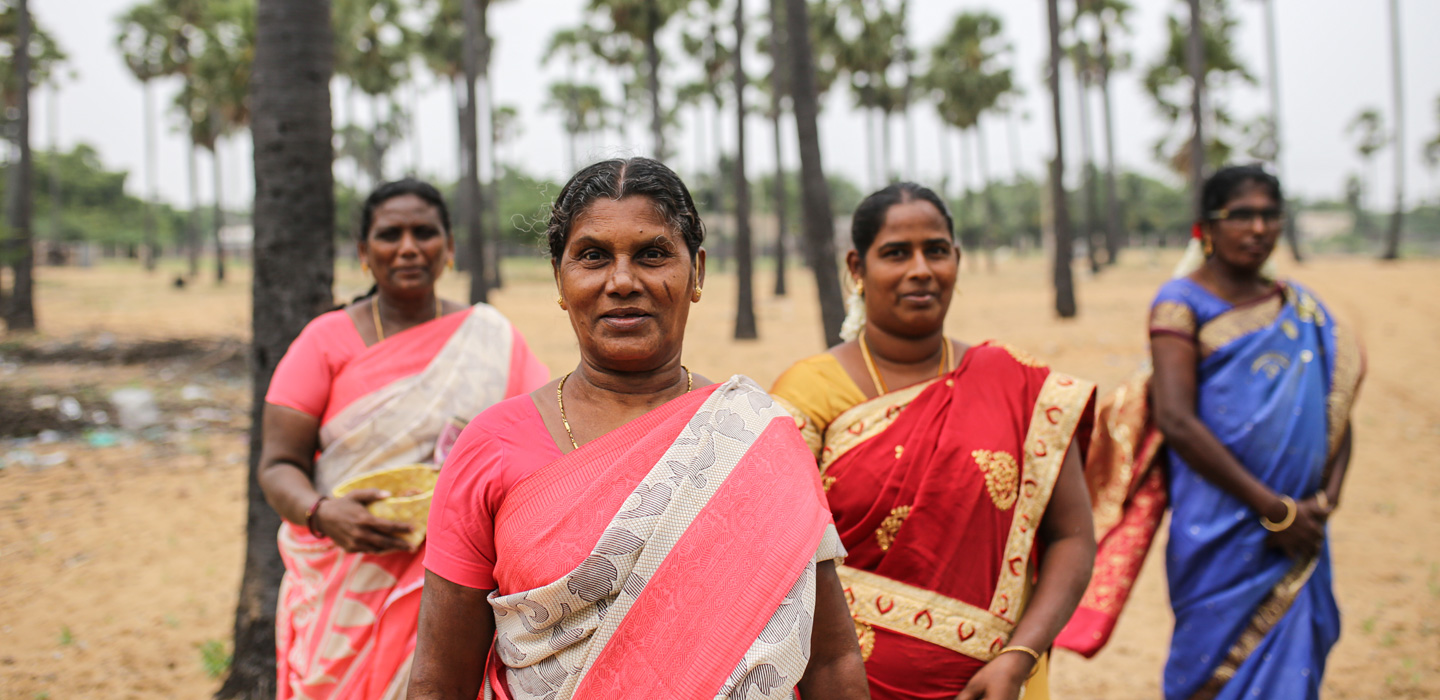Latest
Latest

Latest
Manual Submenu Topics
Search Results Filters
Search Results
Is the grass always greener where it rains?
Groundwater depletion continues to be a challenge for small-scale farmers in the NENA region, despite the existence of water-saving technologies. Now, a new study is shedding light on ways farmers can improve their water efficiency – and where they can turn for help.
Groundwater can help small-scale farmers adapt to climate change, if it’s used sustainably
If groundwater is used carefully, it can be used by small-scale farmers to grow the crops they need to feed their families and build livelihoods in areas that are strongly affected by climate change.
Uncovering the truths about groundwater
Below our feet lies a hidden treasure: groundwater. It sustains ecosystems and provides food, drink and livelihoods for billions. And as climate patterns change with global heating, this reliable water source is becoming ever more important for food security and livelihoods.
In Moldova, shelter belt forests build rural livelihoods and protect against climate change impacts
Forests are an excellent buffer against the effects of climate change. They’re also home to a variety of native plant and animal species that can foster resilient, sustainable local economies.
Impacts of Ukraine conflict on food security already being felt in the Near East North Africa region and will quickly spread, warns IFAD
As the war continues to rage in Ukraine, impacts of rising food prices and shortages of staple crops are already being felt in the Near East and North Africa region and spreading to the world’s most vulnerable countries.
Empowering Rural Women: UN Joint Programme’s new phase to target countries in Africa, Asia and the Pacific
Four United Nations agencies today announced the forthcoming launch of a new phase of a joint programme that aims to secure rural women’s livelihoods, rights and resilience to advance sustainable development.
IFAD and UN Women join hands for rural women’s empowerment in China
IFAD and UN Women were each working in rural China, helping women access new opportunities and gain an equal say in their communities. Then the two agencies decided to collaborate, opening up new ways to fulfil their respective mandates – rural development on one hand, and women’s empowerment on the other.
Appel à propositions: Création de possibilités d’emploi pour la jeunesse rurale en Afrique
Cet appel à propositions vise à sélectionner un bénéficiaire ou un consortium de bénéficiaires pour recevoir un financement sous forme de don du FIDA sur quatre ans pour mettre en œuvre le projet : Opportunités d'emploi pour les jeunes ruraux - Appui à l'initiative des pôles agro-industriels intégrés
In The Gambia, targeted COVID-19 support helps small businesses flourish
Back in early 2020, when the first waves of COVID-19 were spreading around the world, IFAD launched the RPSF as a multi-donor initiative to sustain rural people around the world during the pandemic. With the RPSF’s help, many were able to start small businesses – and today, those businesses are sustaining local economies and building resilience.
Promises kept: Crop insurance makes a difference for Kenya’s small-scale farmers
Farming can be a risky business indeed. Recently, some IFAD-supported initiatives have begun piloting crop insurance programmes for participating farmers – and for KCEP-CRAL farmers in Kenya, the new insurance policies arrived just in time.
Digital Technology and Homeworking help rural women in Guatemala recover from COVID-19
COVID-19 lockdowns meant Juana could no longer go to her job in rural Guatemala. But thanks to a loan from her local rural savings bank and IFAD’s Rural Poor Stimulus Facility, Juana started her own business at home.
Driving Miss Babli: Young women in Bangladesh get the chance to learn new skills
Thanks to driving lessons provided by the Haor Infrastructure and Livelihood Improvement Project - Climate Adapation and Livelihood Protection (HILIP/CALIP), a group of young rural women in Northern Bangladesh now have careers as drivers—a typically male-dominated profession.
From virtual reality to virtual field visits: How IFAD used technology to stay connected to the people we serve during COVID
Two years ago, COVID-19 closures forced us all apart – but the creative use of technology helped keep us together. Today, with tech giants promising to take all of us into the metaverse, IFAD is exploring how cutting-edge technology can help us see the world through each other’s eyes.
UN Food Agencies Call for Climate Adaptation Solutions that Include Women and Girls
As climate extremes become more frequent and intense, women and girls - who are at a higher risk than men and boys of experiencing the devastating effects of the climate crisis - including food insecurity, need to be front and centre when planning and implementing climate change adaptation solutions, said three United Nations' food agencies at their joint International Women's Day event today.
On International Women’s Day, IFAD and Govt. of Maharashtra boost commitment to empower 1 million rural women
Ahead of International Women’s Day, IFAD and the Government of Maharashtra in India agreed to invest an additional US $12 million, to socially and economically empower 1 million rural women in the state through the Nav Tejaswini project.
From Guatemala, to India, to the sun and back: indigenous women are securing a brighter future with solar power
Marta had never left her community before and was nervous to travel. Many told Carmelina not to go, saying India was too far and six months was too long to be away. But despite their concerns, the two women embarked on their journey, determined to bring electricity to their communities.
Why rural women need land rights: A conversation with Steven Jonckheere
This International Women’s Day, we sat down with Steven Jonckheere, IFAD’s Senior Technical Specialist on Gender and Social Inclusion, for a conversation on why women’s land rights matter – and what IFAD is doing about it.
To tackle climate change, we need to empower rural women. Here are four ways to do that
Rural women already know what needs to be done to help their households and communities adapt to climate change and build resilience. Here are four ways to empower them for a climate-safe future.
These numbers prove that rural women are crucial for a better future. But they're not getting what they need to succeed
Despite being largely responsible for the food on our farms and on our tables, women don’t have access to the same resources as men. Without access to land, finance, training, inputs and equipment, women can’t produce effectively, achieve financial stability or food security, or grow their businesses.
Why must we wait another generation to close the gender gap? Women are long overdue a seat at the table
Last year, the World Economic Forum revised its estimates for closing the gender gap. Shockingly, rather than reaching equality sooner, the gap has increased a generation. At IFAD, we work to achieve a more equitable rural world, one where women’s participation in decision-making is no longer an exception.
